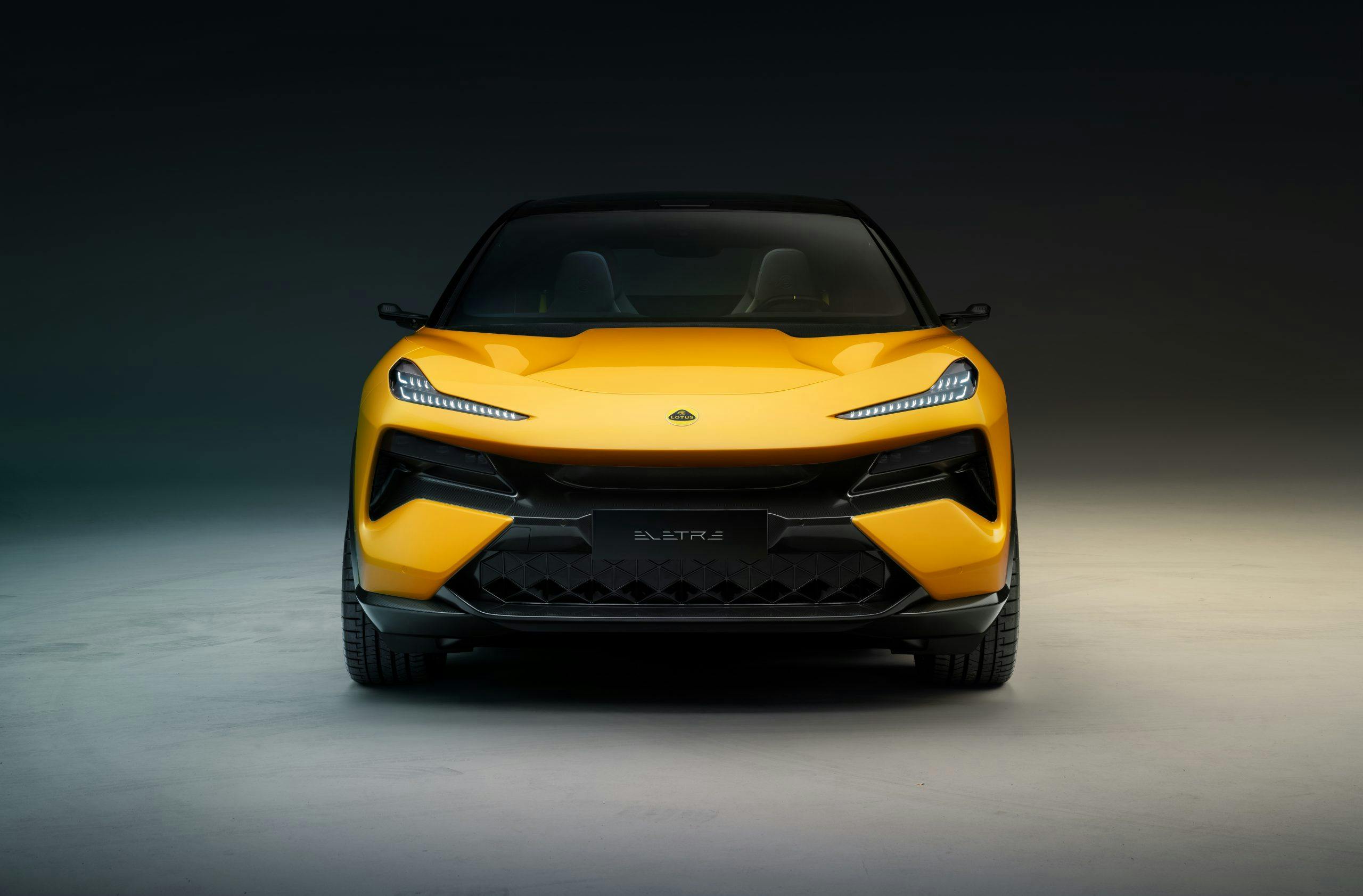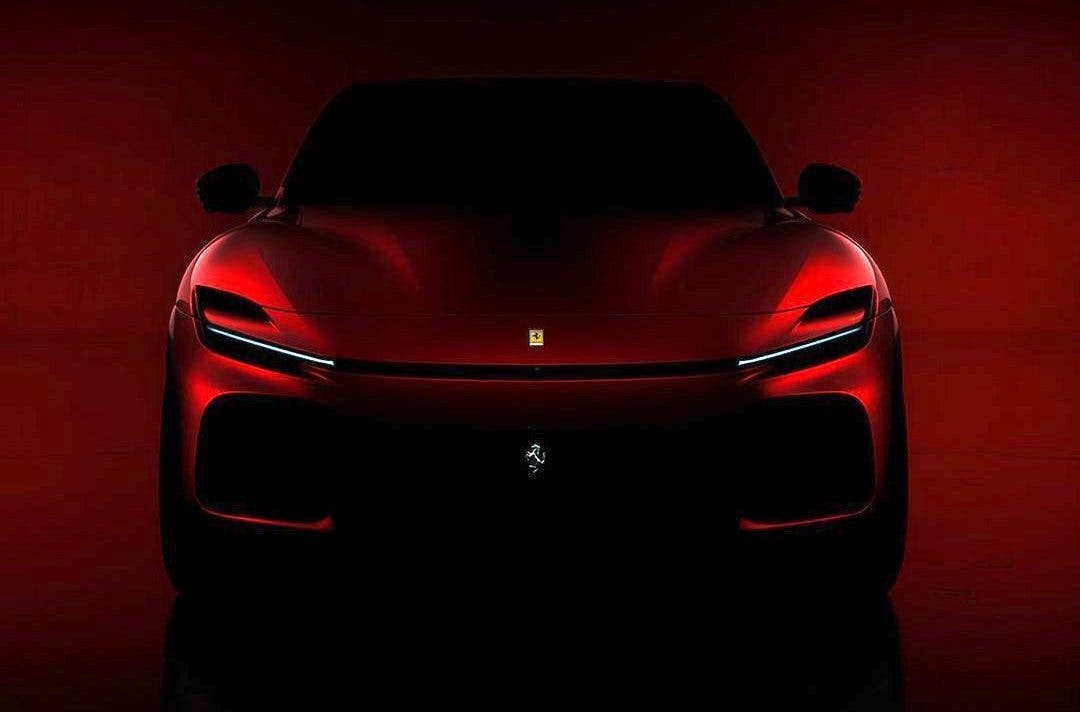Media | Articles
Do SUVs kill brands?

It has taken almost 20 years to get here, but the shift in the enthusiast vehicle landscape is nearly complete. Way back in 2003, when Porsche introduced the Cayenne, many enthusiasts were aghast. How could a sports car maker build an SUV? Now, two of the longest-standing holdouts of the SUV market are about to introduce their own version; Ferrari will soon launch the Purosangue, and Lotus the Eletre. Certainly, they will sell and will pad quarterly earnings. But at what cost to the brand’s image? The automotive landscape is littered with marques that undermined their distinctiveness and market position one shortsighted sales success at a time. As the Greek general Pyrrhus is thought to have said, “Another front-drive Grand Am, and we are done.”
One way to measure a brand’s health in relation to its SUVs is to see if the trucks appeal to True Believers. Since one of the highest expressions of brand loyalty is to collect its defining cars, Hagerty data can be helpful here.
One of the requirements of insuring an enthusiast vehicle with Hagerty is that you must have a daily driver to get around. We typically note what that vehicle is on the policy. Unsurprisingly, there are a lot of SUVs, and most of them are the same ones that are popular with the public at large. Think: Ford Explorer, Jeep Grand Cherokee, and Chevrolet Tahoe. It’s also unsurprising that many of the owners of these SUVs show loyalty to the same brands when it comes to their classics: Nearly half of Tahoe owners collect Chevrolets, and more than a third of Explorer drivers collect Fords. This speaks to the overwhelming popularity of these brands but also the fact that, for the Big Three, trucks are part of their brands’ DNA.
Luxury SUVs are a different story. Among those listed as daily drivers on Hagerty policies, only the Cayenne lands frequently with brand loyalists. More than a quarter of the collector vehicles insured with Hagerty by Cayenne drivers are other Porsches.
For other luxury brands, the ties between daily driver SUVs and classics in the garage is more tenuous. For instance, BMW ranks as only the third most popular collector car brand for those who list an X5 as their daily driver. That's the same amount of loyalty Mercedes-Benz G-Class and Jaguar F-Pace owners show to their respective marques. Beyond those three, SUVs seem to have little or no connection to what people collect.
Marketplace
Buy and sell classics with confidence
Audi Q7 owners appear to be the least brand loyal, with Audi ranking 15th on their list of marques owned and comprising just 1 percent of their vehicles. However, that disloyalty may also result from the relative newness of collectible Audis.
Even when SUVs don't reflect a collectors brand taste, they often do correlate to some collecting patterns. Cadillac Escalade owners may not be hugely biased toward old Cadillacs, but they certainly tilt toward American iron. Range Rover owners are the only SUVs drivers for whom old Jaguars are in the top ten. Cayenne owners love older Porsches, but so do Tesla Model X drivers. BMWs of the late 1980s are popular with almost all the SUV drivers, as are newer Ferraris.
What about the growing niche of exotic SUVs? We do occasionally see them listed as daily drivers, including 2 Rolls-Royce Cullinans and 12 Lamborghini Uruses. Yet since these SUVs are often themselves precious and—dare we say it—collectible, they also pop up on Hagerty policies as part of larger collections. Sometimes, they correlate to collections curated around their marque. Collections that include an F-Pace, for instance, tend to be very heavy on Jaguars. Other times, there's little fealty: Aston Martin DBXs don't fall into Aston-focused collections (yet).
A big takeaway here is just how successful the Cayenne has been. The SUV transformed Porsche into a profitable high-volume automaker and, twenty years on, seems to have thoroughly won over Porschephiles. Yet we also see that winning combination isn’t guaranteed. Other SUVs in that category have brought in new customers but haven’t resonated as strongly with the brand faithful. Keeping the lights on in the factory is important, but the long-term reputational risk is real.














